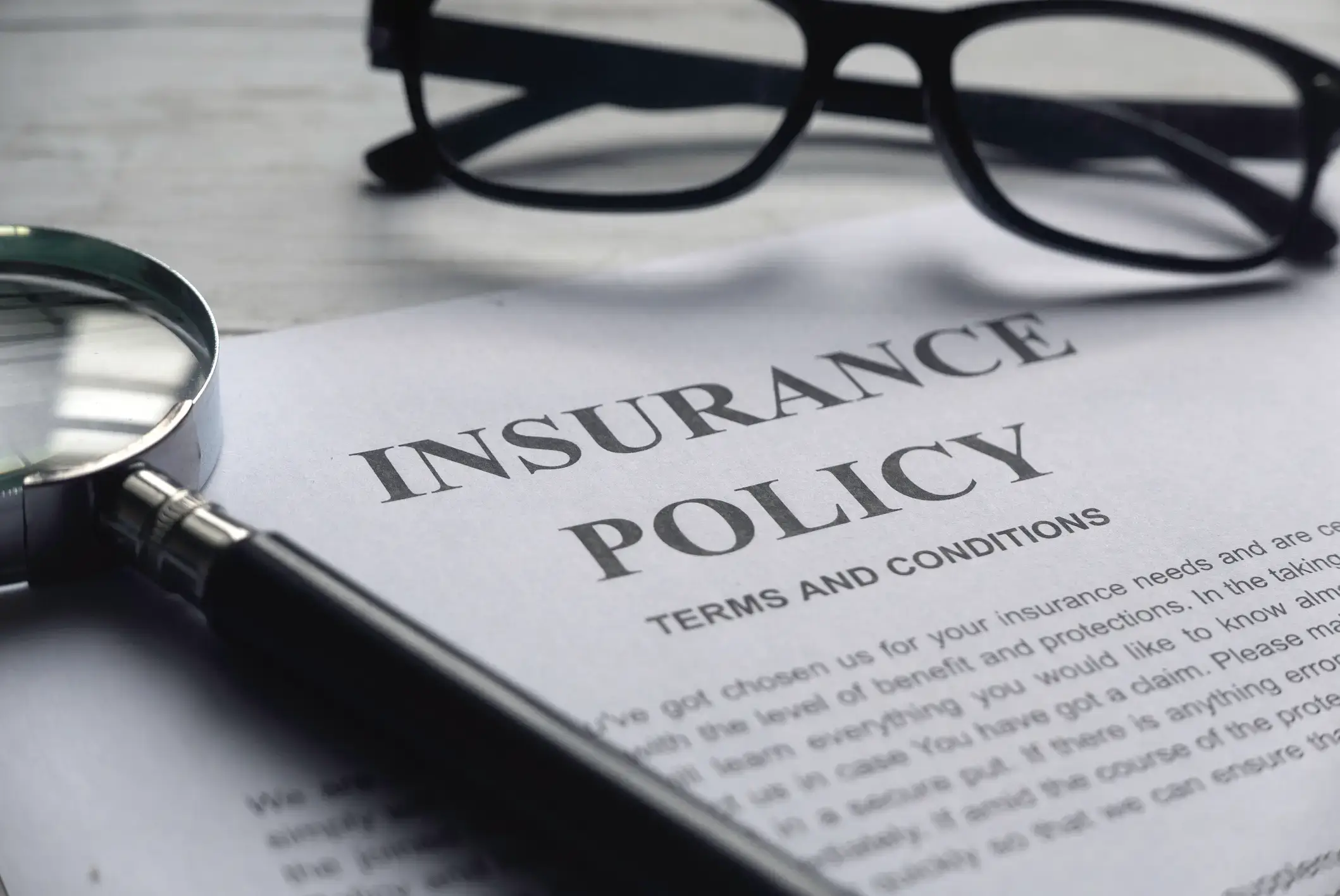Did you know that your homeowner's policy may not cover some of the disasters you think it might? Understanding your policy details allows you to know when your insurance company may pick up the tab for a disaster or if you may have to do it yourself.
So, what does a home owner's insurance policy typically cover? Typically, insurance policies have four types of protections:
- Dwelling - If your home is damaged by fire, smoke, wind, or hail, the insurance company could help pay for fixing or rebuilding your home.
- Other structure coverage - Your coverage may extend to structures not attached to your homes, like sheds or fences.
- Personal property coverage - You may be repaid for the value of your belongings — like furniture or electronics — after a covered loss.
- Liability - The insurance company may cover the cost resulting from you being responsible for injury or damage to someone else's property.
Those are some of the basic components of a standard homeowner insurance policy. Still, there are times when these protections aren't covered.
What Isn't Covered
A lot of what isn't covered involves negligence. If the property damage occurred because of something you did — or didn't do — it likely wouldn't be covered by the insurance company. Let's take a look at a few scenarios.
Water Damage
Let's say that you began to see dark spots on your walls. You find out that a leak causes the spots. Suppose the leak occurred because an appliance like your refrigerator hose broke. In that case, this may be covered in a standard homeowner's insurance agreement.
However, if the leak happened due to a pipe burst because you didn't maintain the plumbing, you will likely have to pay for this yourself. It's also worth noting that flooding is usually not covered. Still, this protection can be an extra add-on for some policies.
Fire Damage
Most standard home insurance policies cover fire and smoke damage. Typically, if a fire occurs, the policy will cover the home and the property loss value, but it’s essential to check your policy for specifics.
Damage from an intentional fire and gross negligence isn't covered. Also, suppose your home is deemed at high risk for fire, meaning you live far away from a fire department, too close to a brush, or near a canyon. In that case, the insurance company may not cover the fire damage.
Mold Damage
Mold coverage can also be tricky, and depends heavily on the wording in your homeowner's insurance policy. Mold generally isn't covered unless it results from damage already covered in your policy.
For example, if an appliance like a water heater or dishwasher floods your home after breaking, and mold starts to grow due to the water damage, it may be covered. However, if mold occurs because of a lack of maintenance on your part, then you may have to foot the bill.
These are some common examples of what is and isn't covered in your home insurance policy. It is vital to read your policy since each one is unique, and what is standard coverage somewhere else can be different on your policy.
Property damage can be stressful. If you're already facing a situation where you need cleaning and restoration due to the issues above, call our experienced team members at 352-403-0350. We are prepared to handle the problem.





